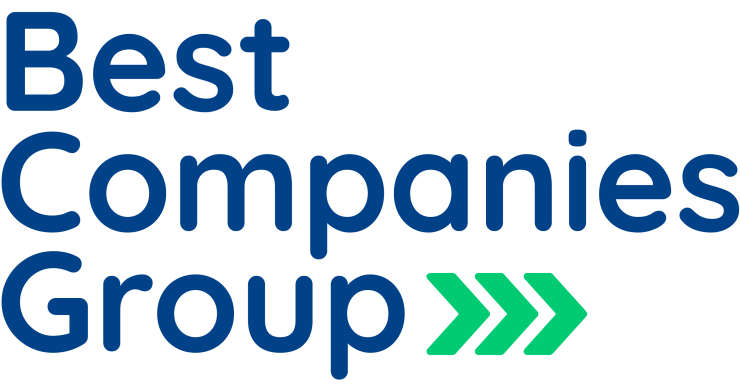It’s hard to avoid the “war for talent,” these days. Seems no matter where you look, someone is espousing the challenge of finding and keeping great employees. While I might argue that the issue is not as dire as some alarmists might like us to believe (and therefore click through to their miraculous solution), there is no question that retention is still one the biggest challenges facing employers. It can also be argued that retention is one of the most cost-effective ways of increasing productivity and enhancing the bottom line.
One key driver of engagement, and by extension, retention, has been identified as providing opportunities for both personal and professional development. This is especially true among aspiring managers and high-potential future leaders. Leadership development, in particular, is highly valued because it provides the opportunity to incorporate business concerns with interpersonal skills.
One critical factor in determining the effectiveness of a development program is appropriate focus. It is important to identify what outcomes both the organization and the individual are trying to accomplish, and then outline the path to development which will ensure success. As it relates to leadership development, it is particularly important to recognize that different behaviors are required at different levels within an organization. As research published in a recent white paper from MRG shows, “your developmental plans must account for the changing definition of effectiveness… and for the increasing degree of change required.”
From Contributor to Manager
For example, one of the most challenging steps for emerging leaders is the transition from being an individual contributor to a front-line manager. When making this step, it is important for the new manager to understand that success is no longer just about their work, but rather the work of their team. Often, individual contributors are promoted to management precisely because they are highly skilled in their job, and there can be a strong tendency for newly minted managers to want their charges to “do it my way,” and to have strong empathy for the situation his team members might find themselves in.
While empathy is an important trait in a good leader, for a new manager, it is important to work to control that empathy, and put much more focus on what is best for the organization, to keep the focus on how best to move forward using the established systems rather than improvising based on their extensive experience.
Specialized Training and Development
This is just one example of how different behaviors will drive success at different levels in the organization. The importance of understanding the needs of individuals that receive training only increases as you step up the ladder within the company hierarchy. From the MRG white paper cited above, “Four behavioral adjustments highlight the transition into first line manager. By the time leaders transition into senior level positions, behavioral adjustments involve as many as 13 different behaviors.” This being the case, it becomes obvious that individualized programs will be much more effective than generalized leadership courses.
While this type of focused training and development is more expensive than generic leadership education, the return on investment of having a well-developed, highly-engaged leader will have, and continue to have, a significant impact on the bottom line. Engaged leaders will tend to stay with the organization longer, as well as be more inclined to pass along what they have learned to future leaders. This ethos, coupled with an intentional eye towards succession planning, will help ensure that the organization continues to meet the needs of its customers, employees, (and shareholders) for years to come.
Learn More
You need to know what your employees think. Are they happy? Are they engaged? Do they plan to leave? Would they go the extra mile to see you succeed? That’s where we come in with our employee surveys and how they can help retain good employees!.
When you’re ready to learn more about employee survey timelines, process and pricing, schedule a time to meet with one of our employer coaches. We’ll get all your questions answered.

